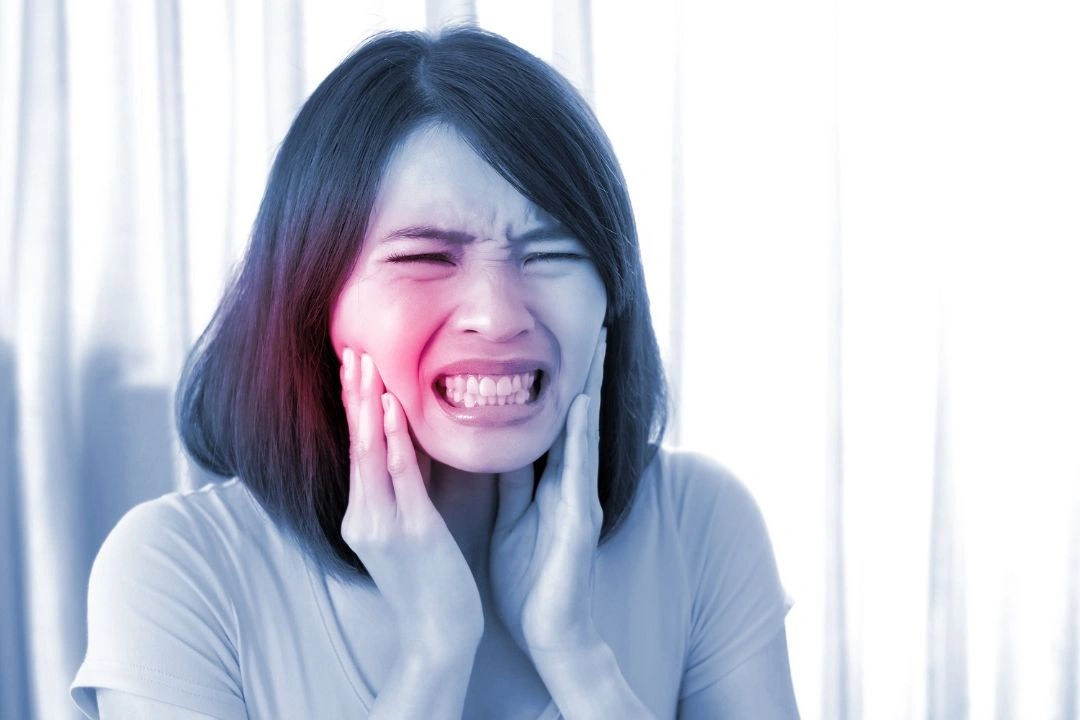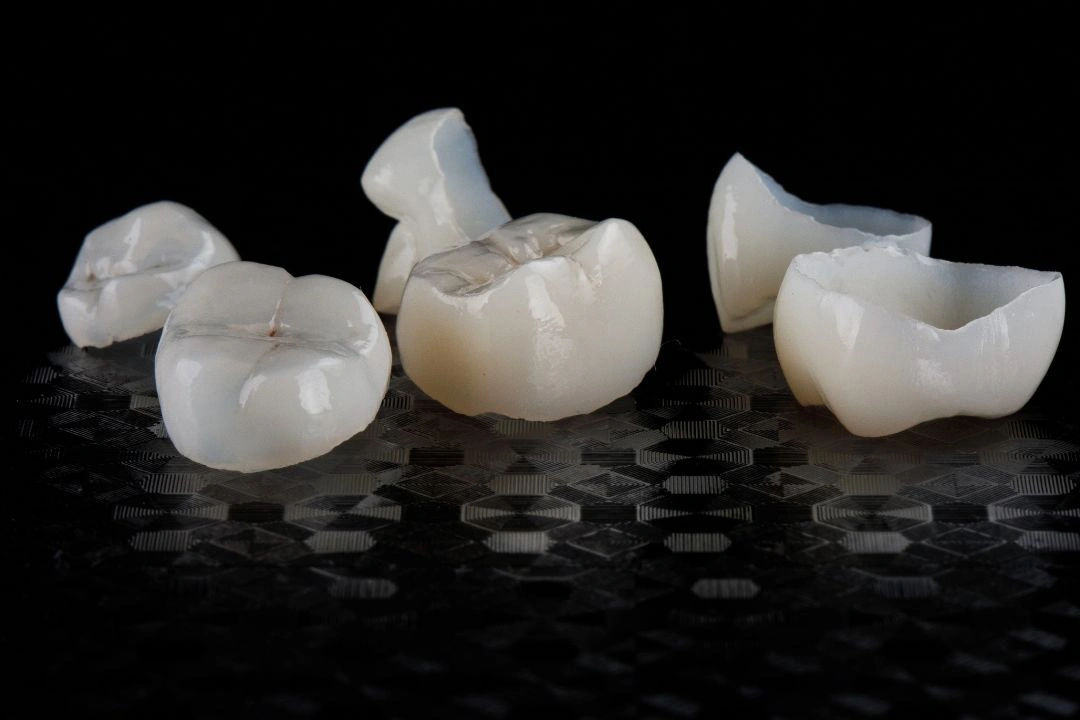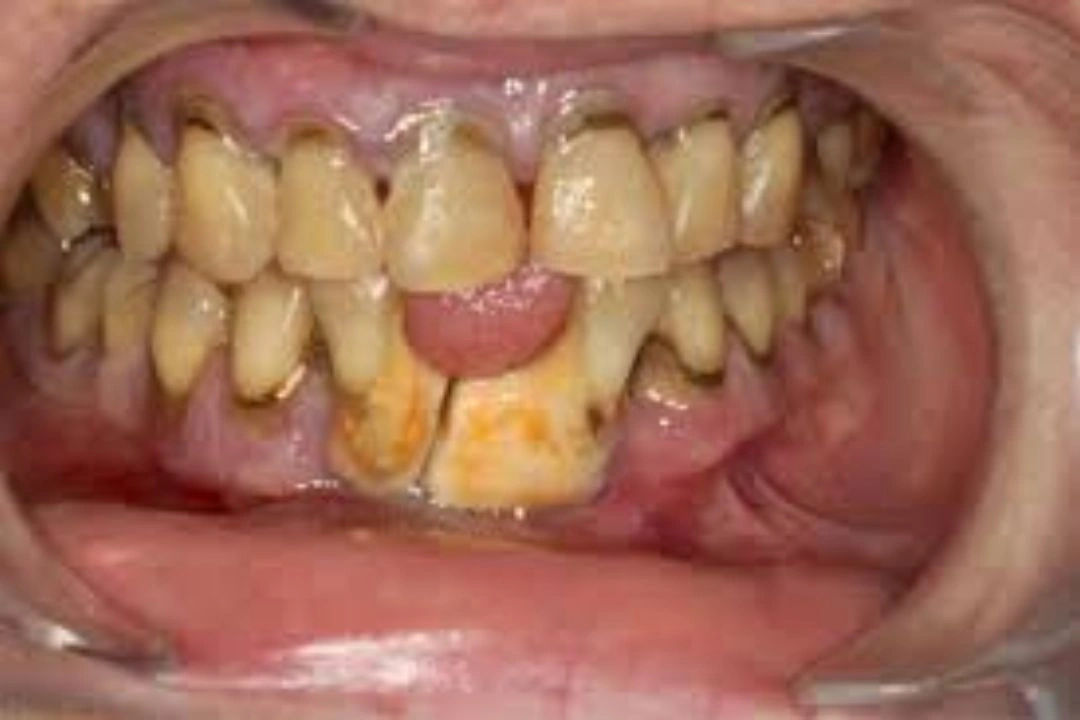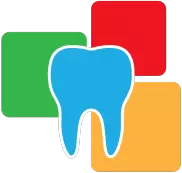What is a dental emergency?
A dental emergency is any sudden and unexpected dental problem that requires prompt attention to prevent serious complications or permanent damage. These emergencies can be caused by accidents, injuries, infections, or existing dental problems that worsen suddenly.
Why be prepared for common dental emergencies?
Sometimes we do not foresee that we might have a decayed tooth that suddenly starts causing severe pain and swelling. Also, kids may fall breaking their front teeth while playing. Or a horrible accident leaves your jaw fractured and in excruciating pain. In such times person gets puzzled and does not know how to deal with the situation.
So here's why being prepared for dental emergencies is crucial:
- Minimizing Pain and Discomfort:Dental emergencies often cause significant pain and discomfort. Early intervention can help alleviate pain and prevent it from worsening.
- Preventing Infection:Untreated dental infections can spread to other parts of the body and lead to serious health problems. Prompt treatment with antibiotics can prevent such complications.
- Saving Teeth:Early intervention for certain emergencies like knocked-out teeth or broken teeth can significantly increase the chances of saving the tooth. Delaying treatment can lead to tooth loss.
- Reduced Cost:Early treatment is generally less expensive than addressing complications arising from neglect.
Common Dental Emergencies: Clinic Treatment and Home Care Tips
Severe Toothache:
- Home Care:Over-the-counter pain relievers like ibuprofen or acetaminophen can offer temporary relief. Apply a cold compress to your cheek to reduce swelling. Rinse your mouth with warm salt water (dissolve half a teaspoon of table salt in a glass of warm water).
- Clinic Treatment:The dentist will diagnose the cause of the ache (cavity, infection, etc.) and recommend treatment like a filling, root canal, or extraction.
- Pyorrhea can also result in severe swelling in gums along with bleeding gums. Hence, it is mandatory to rule out possible causes for infection in the tooth to take timely action.
Knocked-out Tooth/Avulsed Tooth
An avulsed tooth is a tooth that has been completely dislodged from its bone socket in the jawbone due to trauma. It's a serious dental emergency because the longer the tooth is out of the mouth, the lower the chances of successfully reimplanting it.
Home Care:
- Act Quickly!Time is critical. The sooner you can get to a dentist, the better the chance of saving the tooth. Ideally, you should see a dentist within 60 minutes of the avulsion.
- Locate the Tooth:Find the tooth and handle it carefully by the crown (the white part you see in your mouth). Avoid touching the root (the part that goes into the gum).
- Rinse the Tooth (Optional):If the tooth is dirty, gently rinse it with clean water (avoid scrubbing). Do not use soap or any chemicals.
- Reimplantation (if possible):If you can, try to gently reimplant the tooth back into its socket. Push it straight down into the socket and hold it in place.
- Storage (if reimplantation is not possible):If you cannot reimplant the tooth, it's crucial to keep the tooth moist to preserve the root surface cells. Here are the two options:
- Milk (preferred):Submerge the entire tooth completely in milk (cow's milk is best).
- Saline Solution (if milk is not available):If milk is unavailable, use a saline solution (available at pharmacies).
Clinic Treatment:
The dentist will examine the tooth and the socket to assess the damage. Here's what they might do:
- Reimplantation:If the tooth was stored properly and you see the dentist within a reasonable timeframe, they will attempt to reimplant the tooth in its socket and splint it to neighboring teeth for stabilization.
- Antibiotics:The dentist might prescribe antibiotics to prevent infection.
- Root Canal:Often, a root canal is needed to remove any damaged pulp tissue and promote healing.
- Splinting:The dentist will splint the tooth to neighboring teeth for stability during healing.
Long-Term Care:
Even with successful reimplantation, there can be long-term complications like root resorption (loss of root structure) or internal bleeding. You need close monitoring by your dentist to ensure the tooth's health.
Chipped or Broken Tooth:
It can happen if you bite on hard food during an accident or you fall.
- Home Care:Rinse your mouth with warm salt water. If the chip is sharp, cover it with a piece of sugar-free gum or wax to prevent irritation to your tongue or cheek.
- Clinic Treatment:Your dentist can plan dental bonding, a crown, or veneers as per the extent of the fracture of the tooth.
Dental Abscess (Pus-filled Infection):
- Home Care:Apply a warm compress to your cheek to reduce swelling. Rinse your mouth with warm salt water. Over-the-counter pain relievers may provide temporary relief.Do not apply heat directly to the abscess.
- Clinic Treatment:The dentist will drain the abscess and prescribe antibiotics to fight the infection. Depending on the severity, a root canal or extraction might be necessary.
Broken Dentures:
Home Care: try to collect all the fragments of denture. Avoid using glue that is not specifically designed for dentures.
- Clinic Treatment: The dentist can assess the damage and repair or reline the dentures for a proper fit. In some cases, a new denture might be needed.
Dental Emergencies: Fractured Jaw and Dislocated Jaw
Fractured Jaw (Broken Jaw):
The severity of the fracture can range from a clean break to a complex one with multiple fragments.
Dislocated Jaw:
This happens when the lower jawbone gets dislodged from its joint (temporomandibular joint, TMJ) on one or both sides. The jawbone is still intact, but it's out of its normal position.
Symptoms (Both Fractures and Dislocations):
- Pain and swelling in the jaw and face
- Difficulty opening or closing the mouth
- Difficulty chewing
- Misaligned jaw (may be noticeable in dislocation)
- Loose teeth
- Numbness in the chin or lip area (sometimes)
- Bruising around the jaw
Seek Immediate Medical Attention, Jaw injuries are considered dental emergencies and require prompt medical attention.
What to Do Before Reaching the Clinic:
- Do Not Apply Pressure: Avoid applying any pressure or manipulating the jaw yourself. This could worsen the injury.
- Reduce Swelling: Apply a cold compress to the affected area to reduce swelling and pain.
- Control Bleeding: If there's bleeding, apply gentle pressure with a clean cloth to control it.
- Nothing by Mouth: Do not eat or drink anything until you see a doctor.
Treatment at the Clinic:
Diagnosis: The doctor or dentist will perform a physical examination, X-rays, and possibly other imaging tests to diagnose the type and severity of the injury.
Fractured Jaw: Treatment depends on the complexity of the fracture. In some cases, simply wiring or splinting the jaw shut to allow the bone to heal properly might be sufficient. In other cases, surgery might be needed to realign and stabilize the broken bone fragments with plates and screws.
Dislocated Jaw: The doctor will manually manipulate the jawbone back into its correct position in the joint (reduction). In some cases, medication might be used to relax the muscles before repositioning the jaw. After reduction, the jaw might be immobilized with a splint or bandage for a period to allow healing and prevent redislocation.
Recovery:
Healing time for jaw injuries depends on the severity of the injury. You will likely be on a soft diet for several weeks while your jaw heals. Your doctor or dentist will provide specific instructions on aftercare, including pain management, jaw exercises, and follow-up appointments.
Busted Lip (Soft Tissue Laceration)
It is a tear or cut in the soft tissue of the lip. It's a common injury caused by falls, sports accidents, fights, or biting your lip. While typically not life-threatening, a busted lip can be painful and lead to swelling and bleeding.
Home Care for Busted Lip:
Stop the Bleeding: Apply gentle but firm pressure directly to the bleeding area with a clean cloth or gauze pad for 10-15 minutes. Do not rub or pick at the wound.
Reduce Swelling: Apply a cold compress (wrapped in a thin cloth) to the lip for 10-20 minutes at a time, several times a day. This will help reduce swelling and pain.
Keep it Clean: Once the bleeding has stopped, gently wash the wound with clean water and mild soap. Pat it dry with a clean cloth (don't rub).
Soft Diet: Stick to soft foods and drinks that are easy to chew and won't irritate the wound. Avoid spicy, salty, or acidic foods that can cause stinging.
When to See a Doctor:
While most busted lips heal on their own within a few days to a week, seek medical attention if you experience any of the following:
Bleeding that won't stop after 10 minutes of applying pressure
Deep cut (longer than half an inch)
Gaping wound that won't close on its own
Visible dirt or debris stuck in the wound
Signs of infection (increasing redness, swelling, pus, fever)
Difficulty eating or drinking
Numbness or tingling in the lip
Difficulty opening or closing your mouth
Treatment at the Clinic:
For deeper lacerations, the doctor might need to:
Clean the wound thoroughly to remove any debris and reduce the risk of infection.
Administer local anesthesia to numb the area before stitching the wound closed (sutures). Stitches will help the wound heal more evenly and minimize scarring.
Prescribe antibiotics if there's a risk of infection.
By following these tips for home care and seeking medical attention when needed, you can ensure a speedy recovery from a busted lip.
A Note from AMD Dental Clinic on Dental Emergencies
At AMD Dental Clinic, we understand that dental emergencies can be stressful and disruptive. Here are some tips to help you be prepared:
Know the Signs: Familiarize yourself with common signs of dental emergencies like severe toothache, bleeding gums, swelling, loose teeth, or a knocked-out tooth.
Have a Dentist: Establish a relationship with a dentist and keep their emergency contact information readily available.
Dental Emergency Kit: Consider assembling a small kit containing basic supplies like gauze pads, pain relievers, a cold compress, and a dental hygiene solution.
Quick Action: Don't hesitate to seek immediate dental care if you experience a dental emergency. The sooner you get treatment, the better the outcome.
By being informed and prepared, you can navigate a dental emergency calmly and efficiently. We at AMD Dental Clinic are here to help you maintain good oral health and address any emergencies that may arise.
- A-3, Natraj Nagar near Imli Phatak, Jaipur-302015
- +91 9945826926
- contact@amddentalclinic.com

Protect Your Teeth from Sensitivity – Expert Tips Inside!
Say goodbye to tooth sensitivity with expert tips! Learn how to protect your teeth, reduce discomfort, and enjoy a pain-free smile with effective remedies. Read now!

Shine Like a Star! Best Dental Crowns for a Flawless Smile
Get a flawless smile with the best dental crowns at AMD Dental Clinic! Restore damaged teeth with durable, natural-looking crowns. Book your consultation today for a radiant smile!

Pyorrhea Treatment: Can You Reverse Gum Disease Naturally?
Discover effective Pyorrhea treatment options and learn how to reverse gum disease naturally. Explore home remedies, professional treatments, and prevention tips for healthier gums.
